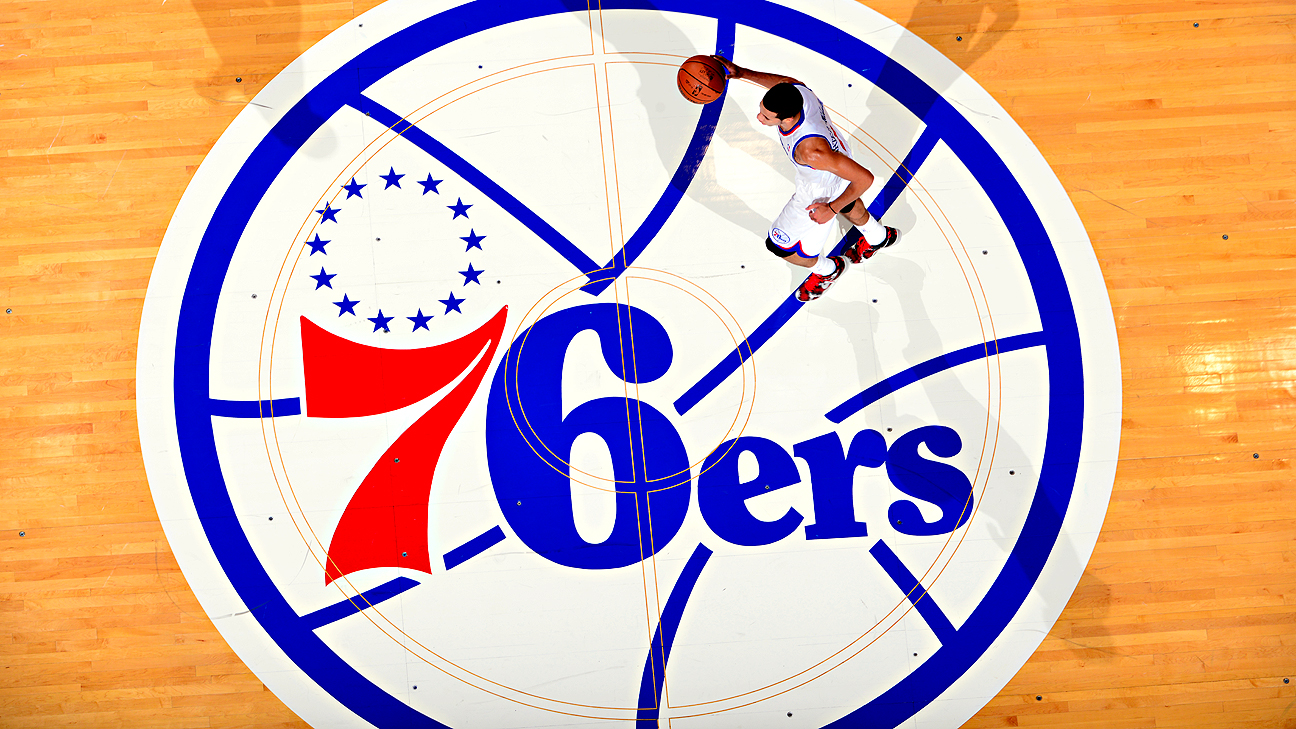SPORTS LICENCING AND PROTECTING TRADE SECRETS WHEN A COMPANY FRANCHISES
"People equate patents with secrecy, that secrecy is what patents were designed to overcome. That's why the formula for Coca-Cola was never patented. They kept it as a trade secret, and they've outlasted patent laws by 80 years or more."
-Craig Venter
The word "Sports Licencing"
refers to contracts made between teams, individual athletes, and the
manufacturers of goods. Every team in the world uses partnerships and
agreements to generate new clothes and fan goods as well as new uniforms with
players. Workers in this specialist field also lessen the possibility of
counterfeiting and prevent businesses from violating the trademarks of teams
and specific players. To develop new deals, they collaborate with a variety of
individuals.
·
Interacting with
athletes and teams
Sports licencing professionals
frequently collaborate closely with clubs and the players on those teams. They
may also work with AAA farm clubs and teams lower on the professional ladder,
but they frequently work with collegiate and professional teams, including the
MLB and NFL. The needs of teams, managers, and anybody else working for the
team are taken into account by experts in this subject, and solutions are found
to fulfil those needs. They might work with a team to get their new logo on
t-shirts and other items, or they might assist a player and his or her agency
in finding endorsement arrangements.
·
Preventing
Counterfeit
One of the biggest issues facing the
sports licencing sector is counterfeiting. When a business makes unauthorised
use of a team's emblem or players without permission, this happens. This might
involve creating and marketing fake team-branded apparel, rugs, or even forging
the player and coach's signatures on items. According to industry analysts,
counterfeiting can cost the sector millions of dollars annually. They
collaborate with the federal government to look into allegations of forgery and
to prevent others from creating and distributing goods in violation of
intellectual property and trademark regulations.
Teams competing at the professional
level, amateur leagues, and collegiate levels are all included in the sports
industry. They supply supporters with high-quality goods and other things while
assisting teams in acquiring the equipment they want for practises and games.
Sports licencing could soon be a $1 billion market thanks to yearly sales
growth.
·
Protecting trade
secrets when a company franchises
By issuing licences to franchisees, franchising
can be a successful model for business expansion for the franchisor. In
general, this provides a franchisee access to use the franchisor's information,
procedures, "know-hows," and trademarks and sell branded goods or
services using their name and goodwill. Expanding the number of franchisees
ensures the franchisor's commercial and geographic reach. Franchisees may be
required to pay upfront costs and ongoing royalties to the franchisor in order
to obtain the licence.
Due to the lack of any formal
safeguards, one of the worries for people looking to franchise their firms in
Bangladesh may be the preservation of their trade secrets. The reluctance could
be caused by apprehension of franchisees disclosing commercial secrets. Neither
the protection of trade secrets nor the franchising industry as a whole is
specifically covered by legislation in Bangladesh. This sector's entire scope
is managed by unique contractual agreements between the parties. As a result,
the industry frequently suffers from a regulatory gap.
In our nation, a franchise is a legally
binding arrangement between the franchisor and the franchisee based on the
Contract Act of 1872. In these agreements, a franchisor may transfer its
trademark and goodwill in accordance with chapter 5 of the 2009 Trademarks Act.
It can be assumed that the franchise's primary guiding principle would be the
franchise agreement, which must be exhaustive if certain facets of the
franchisor's intellectual property are to be protected. In reality, clauses regarding
intellectual property, such as trade secrets, are frequently absent from or
poorly written in private contracts between franchisors and franchisees.
Because they only provide post-breach
remedies and do not guarantee breach in the first place, non-disclosure
agreements are frequently insufficient to safeguard the protection of trade
secrets.
The biggest drawback for a franchisor
would be the worry that their trade secrets will be compromised. The
definitions of trade secrets and strategies for protecting them have been
outlined by the World Trade Organization (WTO). Effective penalties against the
theft of proprietary information are demanded. This procedure might be carried
out by means of an agreement with thorough and effective non-disclosure clauses.
The clauses should be changed, if they weren't already. Effective attorneys can
identify gaps in current contracts and explore options for amendment.
For a company like KFC, it might be the
Colonel's special spice blend, for Coca-Cola, it might be the syrup's recipe,
and for some others, it might be the customer database, which essentially
serves as their trade secret. These facts suggest that a prospective trade
secret disclosure or leak that occurs without the company's knowledge or
permission could result in the company's demise.
Since the trade secret is already going
out and it takes a while for the court to implement its remedy, the business
owners are uncomfortable with the idea of post-breach court sanctioned
remedies.
As a result, having a complex plan of
control, which must be explicitly spelled out in the franchise agreement and
which, if violated, could subject the franchisor to liability, is an alternate
method of protecting trade secrets. After defining the confidential information
(for example, the ingredients in a product, the recipes for a meal, etc.),
exclusion clauses from access must be specified.
Written by
Vanshika Sahu


.jpeg)
Comments
Post a Comment